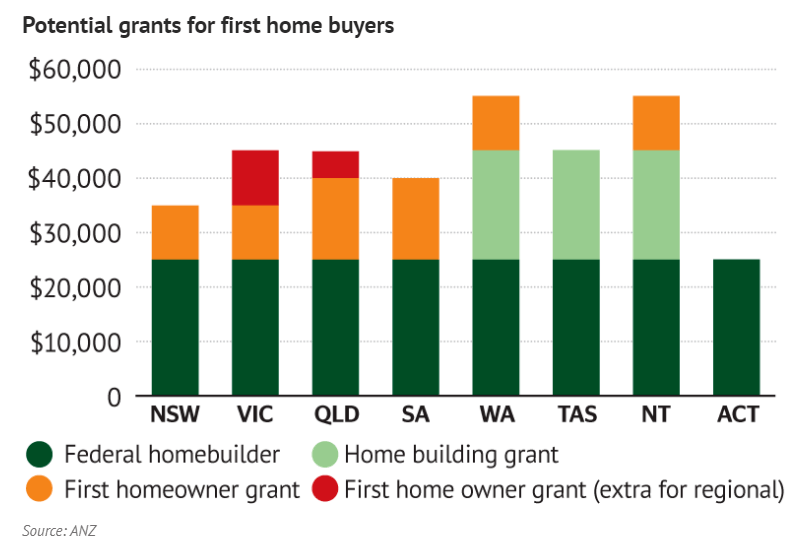## Navigating Home Loan During Chapter 13 Bankruptcy: What You Need to Know
### Understanding Home Loan During Chapter 13When facing financial difficulties, many individuals consider filing for Chapter 13 bankruptcy as a way to mana……
### Understanding Home Loan During Chapter 13
When facing financial difficulties, many individuals consider filing for Chapter 13 bankruptcy as a way to manage their debts. However, a common concern arises: **home loan during Chapter 13**. This article aims to provide clarity on how you can navigate the complexities of obtaining or maintaining a home loan while undergoing Chapter 13 bankruptcy.
### What is Chapter 13 Bankruptcy?
Chapter 13 bankruptcy is often referred to as a "reorganization" bankruptcy. Unlike Chapter 7, which involves liquidating assets to pay creditors, Chapter 13 allows individuals to keep their property while repaying their debts over a specified period, typically three to five years. This is particularly beneficial for homeowners who wish to retain their homes but are struggling to meet their mortgage obligations.
### The Impact of Chapter 13 on Home Loans
One of the most significant concerns for homeowners in Chapter 13 is how it affects their existing home loan or their ability to secure a new one. When you file for Chapter 13, an automatic stay is imposed, which prevents creditors from pursuing collection efforts, including foreclosure. However, this doesn’t mean that your mortgage obligations disappear. You are still required to make your mortgage payments during the bankruptcy process.

### Obtaining a Home Loan During Chapter 13
Securing a new home loan during Chapter 13 can be challenging, but it is not impossible. Lenders typically view Chapter 13 bankruptcy as a red flag, but some may be willing to work with you, especially if you demonstrate a consistent payment history during your bankruptcy plan. Here are some key points to consider:
1. **Seek Lenders Familiar with Bankruptcy**: Not all lenders are experienced in working with borrowers in Chapter 13. Look for lenders who specialize in this area, as they will be more understanding of your circumstances.
2. **Demonstrate Financial Stability**: Lenders will want to see that you have a stable income and can afford the new mortgage payments. Providing documentation of your income and expenses will be crucial.
3. **Get Court Approval**: If you're looking to secure a new home loan during Chapter 13, you will likely need to obtain approval from the bankruptcy court. This involves submitting a motion and demonstrating that the new loan will not jeopardize your repayment plan.

4. **Consider a Co-Signer**: If your credit score has taken a hit due to the bankruptcy, having a co-signer with better credit can improve your chances of securing a loan.
### Maintaining Your Current Home Loan
If you already have a home loan and are filing for Chapter 13, it's essential to stay current on your mortgage payments. Failing to do so can lead to foreclosure, even during bankruptcy. Here are some tips to help you maintain your home loan:
- **Stay in Communication with Your Lender**: Keep your lender informed about your bankruptcy status and any changes in your financial situation. Open communication can sometimes lead to more flexible arrangements.
- **Make Timely Payments**: Ensure that you continue making your mortgage payments on time. This will not only help you keep your home but also improve your credit score over time.

- **Review Your Bankruptcy Plan**: Work closely with your bankruptcy attorney to ensure that your repayment plan accommodates your mortgage obligations. Adjustments may be necessary to ensure you can keep your home.
### Conclusion
Navigating **home loan during Chapter 13** bankruptcy can be complex, but with the right approach and understanding, it is possible to manage your home loan effectively. Whether you’re looking to secure a new loan or maintain your existing mortgage, staying informed and proactive will be key to achieving your financial goals. Always consult with a qualified bankruptcy attorney to guide you through the process and help you make the best decisions for your situation.